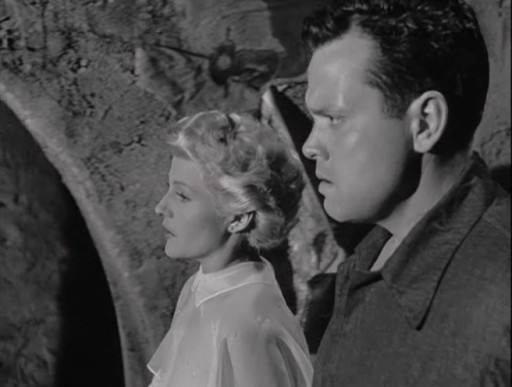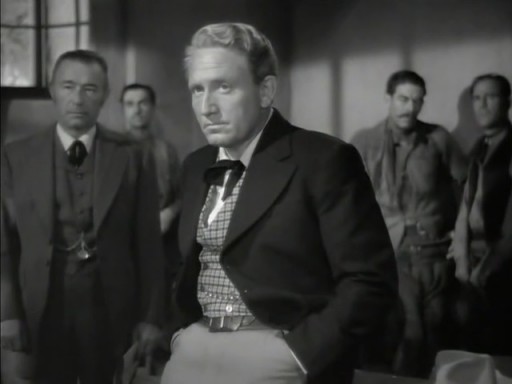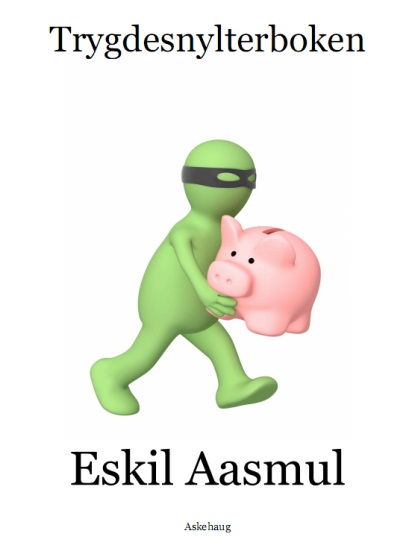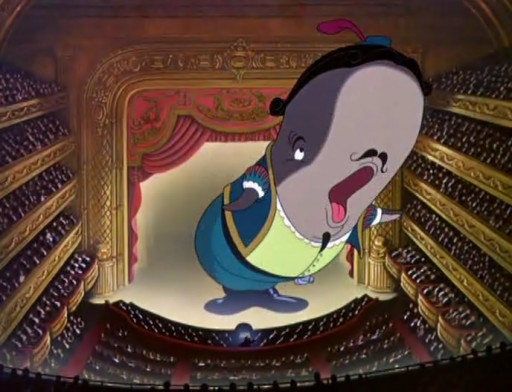Where do the iTunes store find all those snotty album reviewers? I haven’t read music reviews for ages, but on iTunes you can’t avoid them. The review is right there when you click on an album, the first thing you see. You have to actively look away, and we all know how hard it is to deliberately not look at something.
It’s not that the reviewers don’t like music I like. It’s the way they seem to think they can capture all the strengths and weaknesses of the albums in purely descriptive words. There’s no joy or anger. Music doesn’t make them feel anything, it’s just an object to describe the components of. All done while establishing a clear hierarchy, with the bemused, objective reviewer on top, begrudgingly tolerating the efforts of the lowly artist. Their greatest joy is to point out the “weaker” efforts of an otherwise great artist.
I’ve probably done this often enough myself. But by God I try hard not to. I hope I never write anything like “.. an intriguing update of classic ’80s garage and disco in the same fashion that Daft Punk rewired Chicago acid house for 1997′s Homework.” Or “.. a nothing-else-remains-but-us ballad pumped up into a huge dramatic romance/dance number, commanding in its mock orchestral/choir scope.”
Christ.
It might be excusable if music reviews served a point. They don’t. They’re useless. Just link to a sample, and let me decide. Tell me it’s awesome. Tell me it sucks. But don’t put your ego between me and the music.










